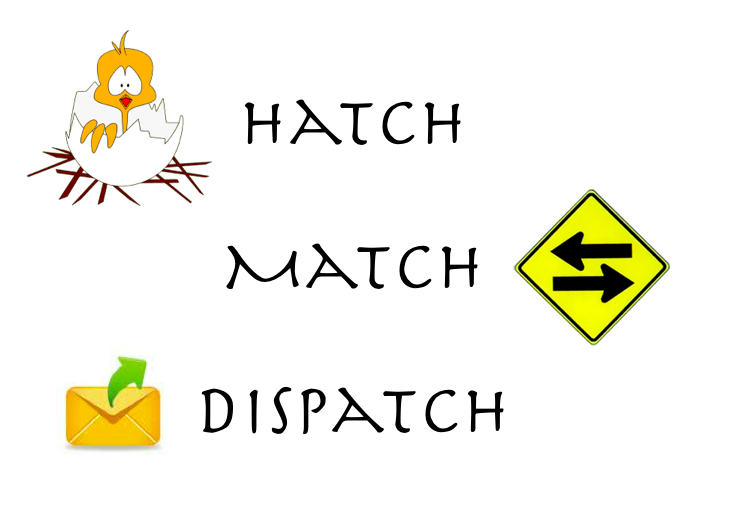It is always fascinating, how and when people reach out to me for my rabbinic services. Rarely, however, does it cross the gamut of the lifecycle in the space of one week. In the last seven days (written a week ago), I did a funeral, two brisim and a wedding. Even for me, that is a bit unusual.

I laughingly noted to myself, that this was the proverbial line my late uncle, Rabbi Shlomo Schwartz would often share. Something to the effect that regardless of how assimilated or secular a Jew views themselves, when it comes to the major lifecycle events, birth, marriage and death, people get deeply in touch with their Gdly soul essence, and they seek out an orthodox rabbi to make sure it is done right.
Obviously, this is not 100% true across the board, as often, people traverse these events, without a rabbi at all, and often not an orthodox rabbi. However, as a Chabad Rabbi, where the vast majority of those who I interact with, are not affiliated, and are assimilated, nine out of ten times, those who ask for my help with a bris/naming, a wedding or a funeral are not particularly religious, yet.
Which begs the the question, why are they seeking out spiritual guidance, and particularly from the toughest of the streams of Judaism? The one who is actually going to insist on a background check and demand a litany things at the highest religious level that they may be spared from if they went an easier route?
(An orthodox halachik bris, is more involved than others (not expanding on this one), as is the wedding, and associated rules, as is the funeral, and the demands of the performing orthodox rabbi. So why do that do that?)
There is a story I had heard many times as a yeshiva student and was recently printed with a source in the new book, Postivity bias, published by Chabad.org by Rabbi Mendel Kalmanson, a must read, and for which I recently wrote a book review), that I think answers this soul question.
A chassid from another Chassid sect, visited the Rebbe and after discussing his person matters, he raised a Talmudic question. It states in the Talmud, “even the sinners of Israel are filled with a mitzvos like a pomegranate is full of seeds.” His question, if they are truly a sinner, how can the Talmud say they have so many mitzvos?
The Rebbe in his classical way, turned the question on its head and said, “I have a question on that same quote, and wonder the opposite, “if the person is so full of mitzvos, how can he be called a sinner.”
The difference between the two approaches is a fundamental one. How do you view the essence of a Jew? Is he/she an essentially holy a soulful person who for whatever reason has lost their way a bit and has engaged in or adopted unholy behaviors or lifestyle, but their essence has not changed; They are holy and pure.
Or are they essentially bad, and they happen (like a broken clock hits the right time twice a day) to occasionally do good deeds, to the point that they (the unholy Jew) are full of good deeds like a pomegranate is full of seeds?
This distinction, I believe answers the question I raised above, as to why people will reach out for the highest level of Jewish practice and observance during the monumental life events. Hatch, match and dispatch.
At the core, every Jew is holy and pure. Some of us lose our way a bit and get side tracked and end up living and behaving in a manner that is not truly consistent with who we are at our essence. When a major lifecycle event comes their way, for reasons that they cannot necessarily explain, because they transcend logic, they hail from a place far deeper than the prefrontal cortex, they draw from the soul itself; A Jew is a Jew.
A Yid, Nit Er Ken un nit er vil, zein upgerissen fun Getlichkeit… (The Alter Rebbe quoted in Hayom Yom) A Jew, (at his core) he doesn’t want to, and he is unable to separate himself from Gdliness.
When we distill it down to its basics, a Jew, particularly when pressed, cannot separate themselves from who they truly are, that is, a fully connected Jew, connected to Gd.
As such, it makes perfect sense that an unaffiliated Jew would call an orthodox rabbi. All they are doing is being in touch with who they are at their essence.
Blog 38/52 Picture Google Images